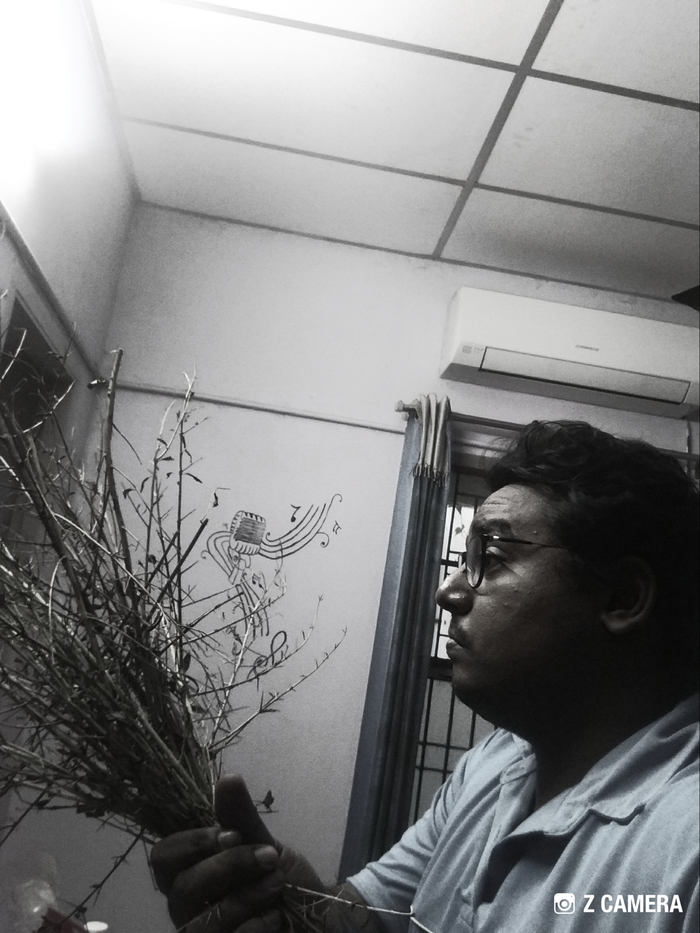What do you think?
Rate this book


200 pages, Paperback
First published January 1, 1937
I am simply calling it The Book without any epithets or qualifications, and in this sobriety there is a shade of helplessness, a silent capitulation before the vastness of the transcendental, for no word, no allusion, can adequately suggest the shiver of fear, the presentiment of a thing without name that exceeds all our capacity for wonder. How could an accumulation of adjectives or a richness of epithets help when one is faced with that splendiferous thing? Besides, any true reader ‚Ä� and this story is only addressed to him ‚Ä� will understand me anyway when I look him straight in the eye and try to communicate my meaning. A short sharp look or a light clasp of his hand will stir him into awareness, and he will blink in rapture at the brilliance of The Book.
Can you understand the despair of that condemned beauty, of its days and nights? Over and over again it had to rouse itself to fictitious auctions, stage successful sales and noisy, crowded exhibitions, become inflamed with wild gambling passions, await a slump, scatter riches, squander them like a maniac, only to realize on sobering up that all this was in vain, that it could not get anywhere beyond a self-centered perfection, that it could not relieve the pain of excess. No wonder that the impatience and helplessness of beauty had at last to find its reflection in our sky, that it therefore glows over our horizon, degenerates into atmospheric displays, into these enormous arrangements of fantastic clouds I call our second or spurious fall.
‚ÄòIs my father alive?‚Ä� I asked, staring anxiously into his calm face.
‚ÄòYes, of course,‚Ä� he answered, calmly meeting my questioning eyes. ‚ÄòThat is, within the limits imposed by the situation,‚Ä� he added, half closing his eyes. ‚ÄòYou know as well as I that from the point of view of your home, from the perspective of your own country, your father is dead. This cannot be entirely remedied. That death throws a certain shadow on his existence here.‚Ä�




I begin to regret this whole undertaking. Perhaps we were misled by skillful advertising when we decided to send Father here. Time put back—it sounded good, but what does it come to in reality? Does anyone here get time at its full value, a true time, time cut off from a fresh bolt of cloth, smelling of newness and dye? Quite the contrary. It is used-up time, worn out by other people, a shabby time full of holes, like a sieve.I can foresee a time when Schulz will be seen as one of the greats of 20th century literature—everywhere but in the United States, whose people typically ignore fiction from outside the Anglo world, especially if it is from Eastern Europe.
‚ÄúAt such a time [at dawn] I would dream of being a baker who delivers bread, a fitter from the electric company, or an insurance man collecting the weekly installments. Or at least a chimney sweep. In the morning, at dawn, I would enter some half-opened gateway, still lighted by the watchman's lantern. I would put two fingers to my hat, crack a joke, and enter the labyrinth to leave late in the evening, at the other end of the city. I would spend all day going from apartment to apartment, conducting one never-ending conversation from one end of the city to the other, divided into parts among the householders; I would ask something in one apartment and receive a reply in another, make a joke in one place and collect the fruits of laughter in the third or fourth. Among the banging of doors I would squeeze through narrow passages, through bedrooms full of furniture, I would upset chamberpots, walk into squeaking perambulators in which babies cry, pick up rattles dropped by infants. I would stop for longer than necessary in kitchens and hallways, where servant girls were tidying up. The girls, busy, would stretch their young legs, tauten their high insteps, play with their cheap shining shoes, or clack around in loose slippers.‚Ä�